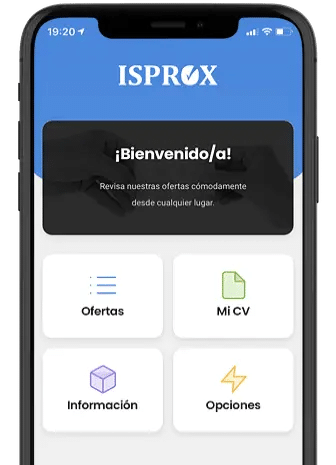Imagine you have found your dream job and are preparing your resume to impress the hiring manager. How will you prove that you are the right candidate for the job?
In this article, we explain how to get newcomers to add value to the group. There is no time to lose to succeed. This is where personal skills come into play, the skills and behaviors we have developed throughout our lives. Your skills tell the recruiter who you are and what you can do. Therefore, to get your application noticed, you need to be clear about what personal skills you want to include on your resume and what types of resumes will allow you to communicate them best.
In this article, we will tell you exactly what personal skills are, in which part of the resume it is appropriate to include them, and which ones are most in demand today, and we will give you examples so that you can choose the most appropriate ones.
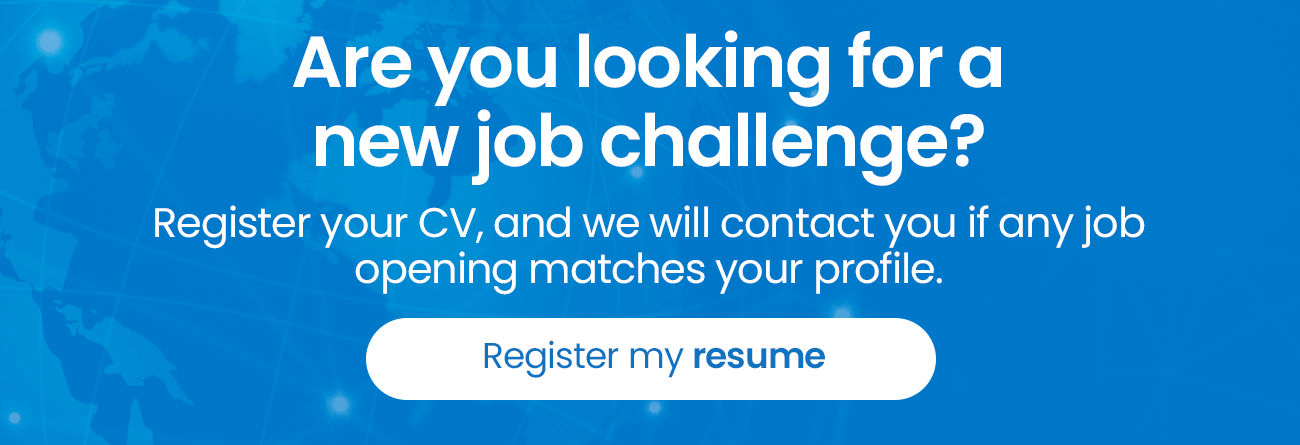
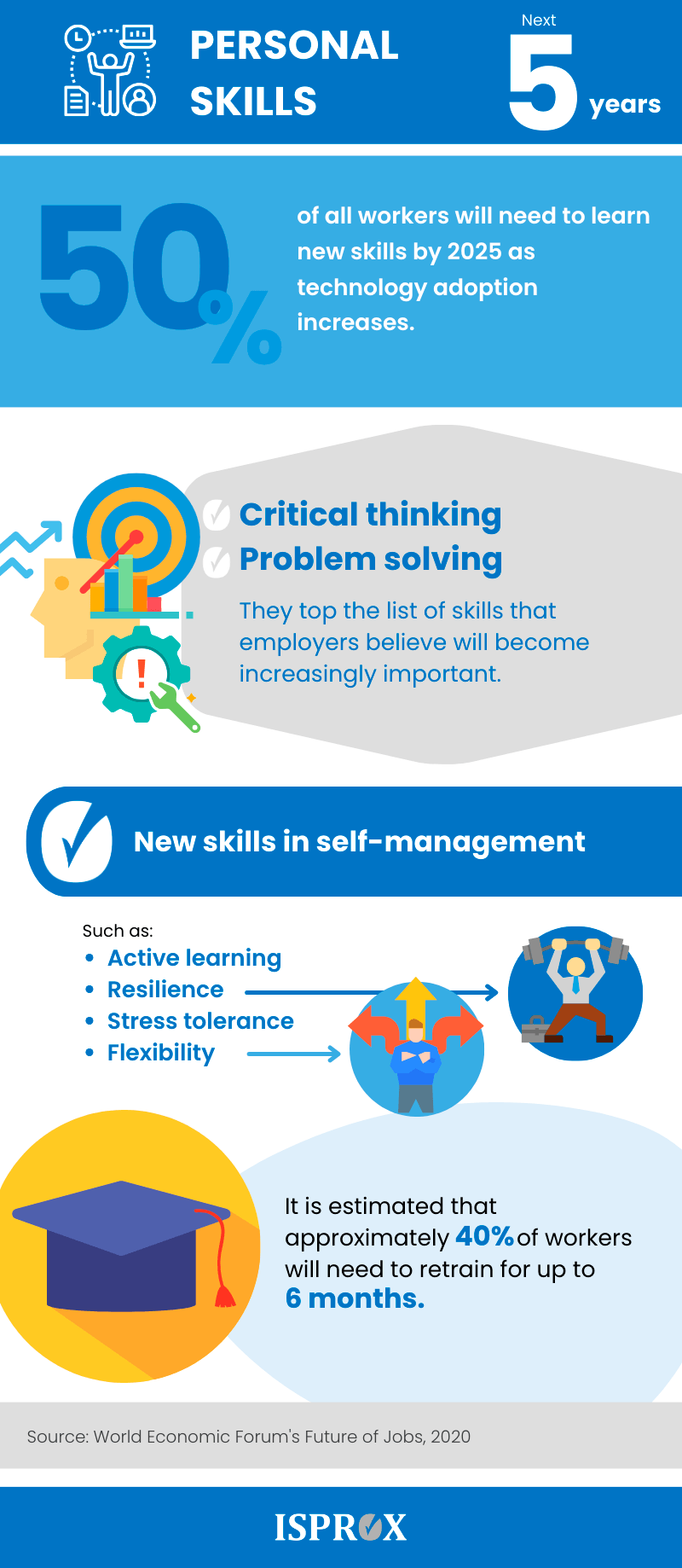
What are personal skills?
In summary, personal skills, or soft skills, are the social and interpersonal skills that each individual possesses and that can be critical to successfully performing the tasks associated with a specific job. They are therefore the best complement to our professional training, since most of them are not acquired through training, but are part of our personality.
If you are looking for a position of responsibility, adding personal skills that demonstrate leadership aptitude to your resume can be even more relevant because, as a SHRM study shows, leaders with the right personal skills can increase their team’s performance by 30%, and hiring managers know it.
But why are they important? Let’s take an example. It is important for a PHP programmer to know all the secrets of the language he specializes in, but if he is not able to work in harmony with his colleagues or finish projects on time, few companies will want to hire him. Therefore, it is important to show recruiters what your soft skills are.
The importance of personal skills on a resume has grown to the point where they are central to hiring decisions. 92% of recruiters say soft skills are as important or more important than hard skills. In fact, according to LinkedIn’s Global Talent Trends report, 90% of poor hiring decisions are attributed to a candidate’s lack of soft skills.
However, soft skills should not be confused with hard skills.
Differences between hard skills and soft skills
Hard skills are those that we have acquired throughout our professional careers. They are technical and related to our profession, as opposed to soft skills, which are usually innate and, as mentioned, are a combination of social, interpersonal, and communication skills that everyone has.
To better understand the difference, let’s take an example: A civil engineer, when talking about his skills, might mention that he has knowledge in the design of waste treatment plants, in the formulation and evaluation of industrial projects, and so on. These skills are hard skills because they are technical skills and knowledge that are closely related to his profession and that he has learned through education.
At the same time, the civil engineer can also mention his or her communication skills and competencies, critical thinking, ability to manage large projects, leadership, etc. These would be the soft or personal skills.
How to present your personal skills in a resume
When it comes to adding personal skills to your resume, you may be wondering: Where do I add soft skills? Here are some ideas.
Skills section
When structuring your resume, you can include a special section for skills. In this section, you can mention them without going into detail, e.g. in the form of a list, or in a more visual way by showing a score next to each skill, e.g. how well you master each soft skill from 1 to 5.
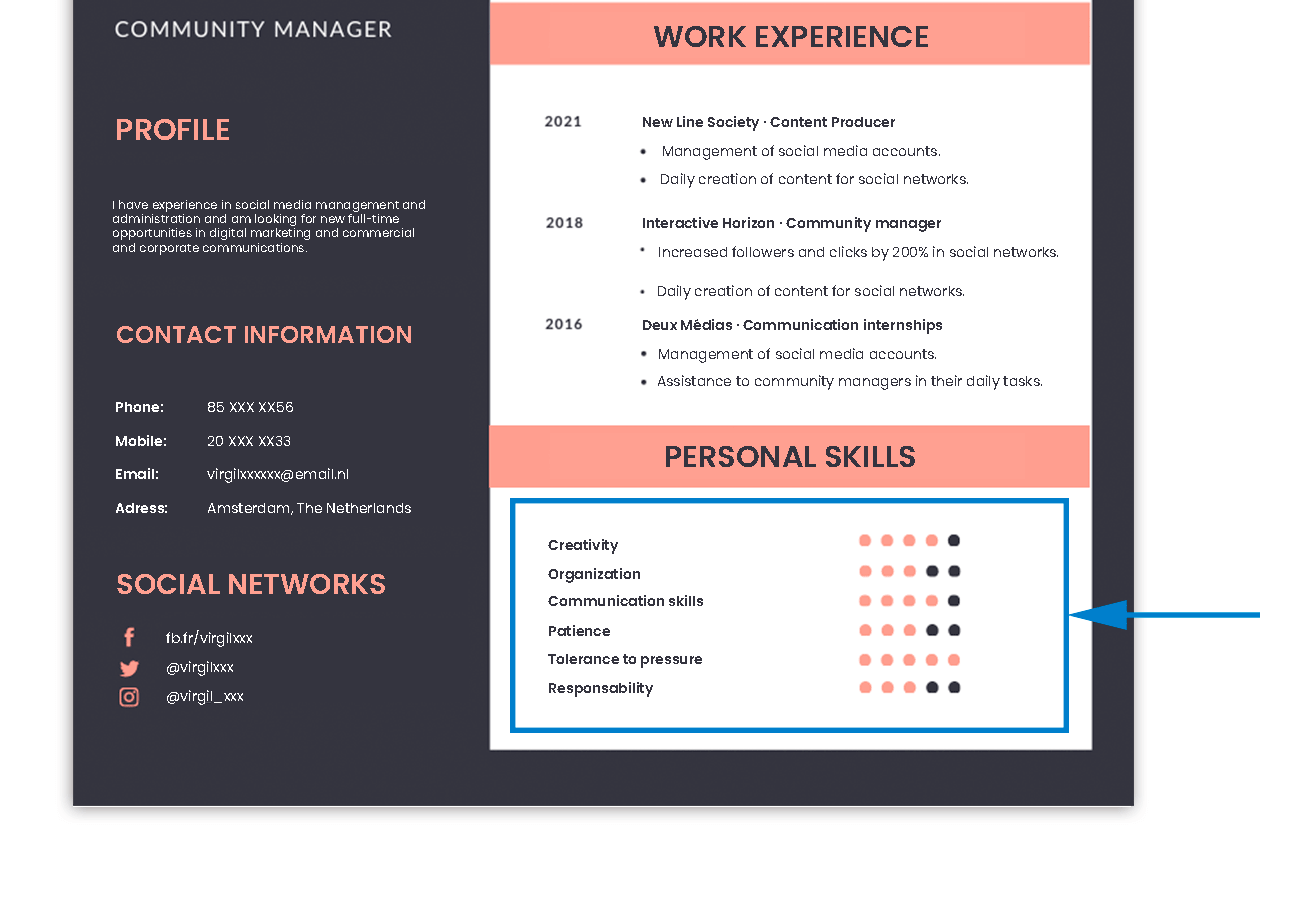
Professional profile section
In your resume, you can include a brief description of your background or career goals that describes your personal skills. This description is usually placed at the beginning of the resume, known as the “professional profile” section, and will vary depending on your experience and career path.
If you have extensive experience, we encourage you to write a narrative that highlights your most outstanding skills and abilities in relation to your accomplishments and the roles you have held.
On the other hand, if you have little or no experience, you can focus this description on talking about your skills in relation to what you can bring to the company, taking into account the requirements of the position being offered.
Let’s take an example: Imagine a Call Center is looking for someone with experience, great communication skills to solve problems, and the empathy to put themselves in the customer’s shoes and find the best solution for the customer and the company. The description in the professional profile of the resume might look like this:
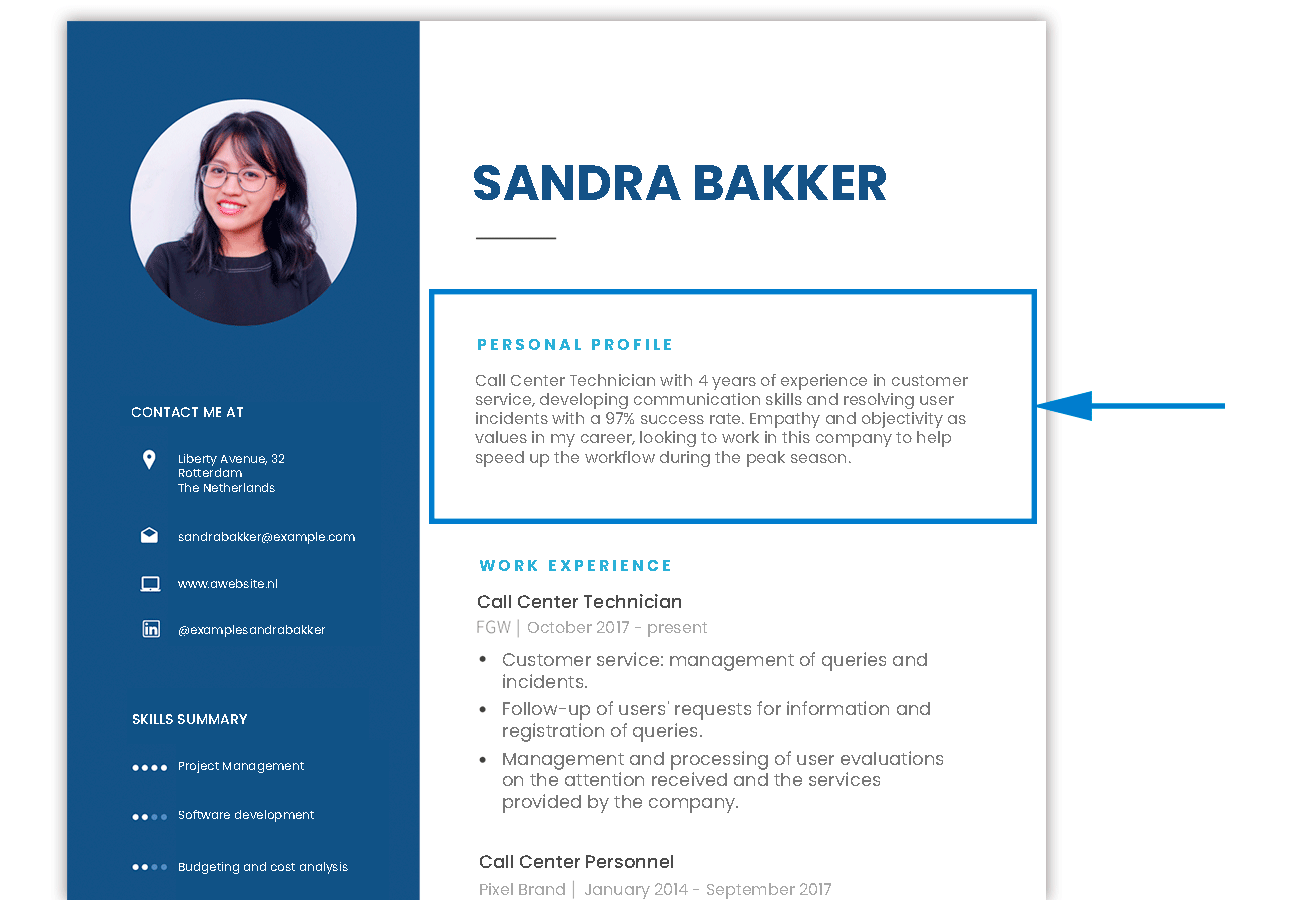
Work experience section
Adding skills in this section can help you demonstrate that your skills are real. If you want to include them in your experience section, we recommend that you write down the most relevant tasks you have performed and relate them to your skills.. We recommend that you try to qualify your accomplishments with your skills to show the recruiter that you really have these soft skills.
For example: You are applying for a data analyst position, and the job description says they need someone who can work in a team and who knows how to manage large data samples. You have worked as a data analyst in the past, so in the experience section you could write:
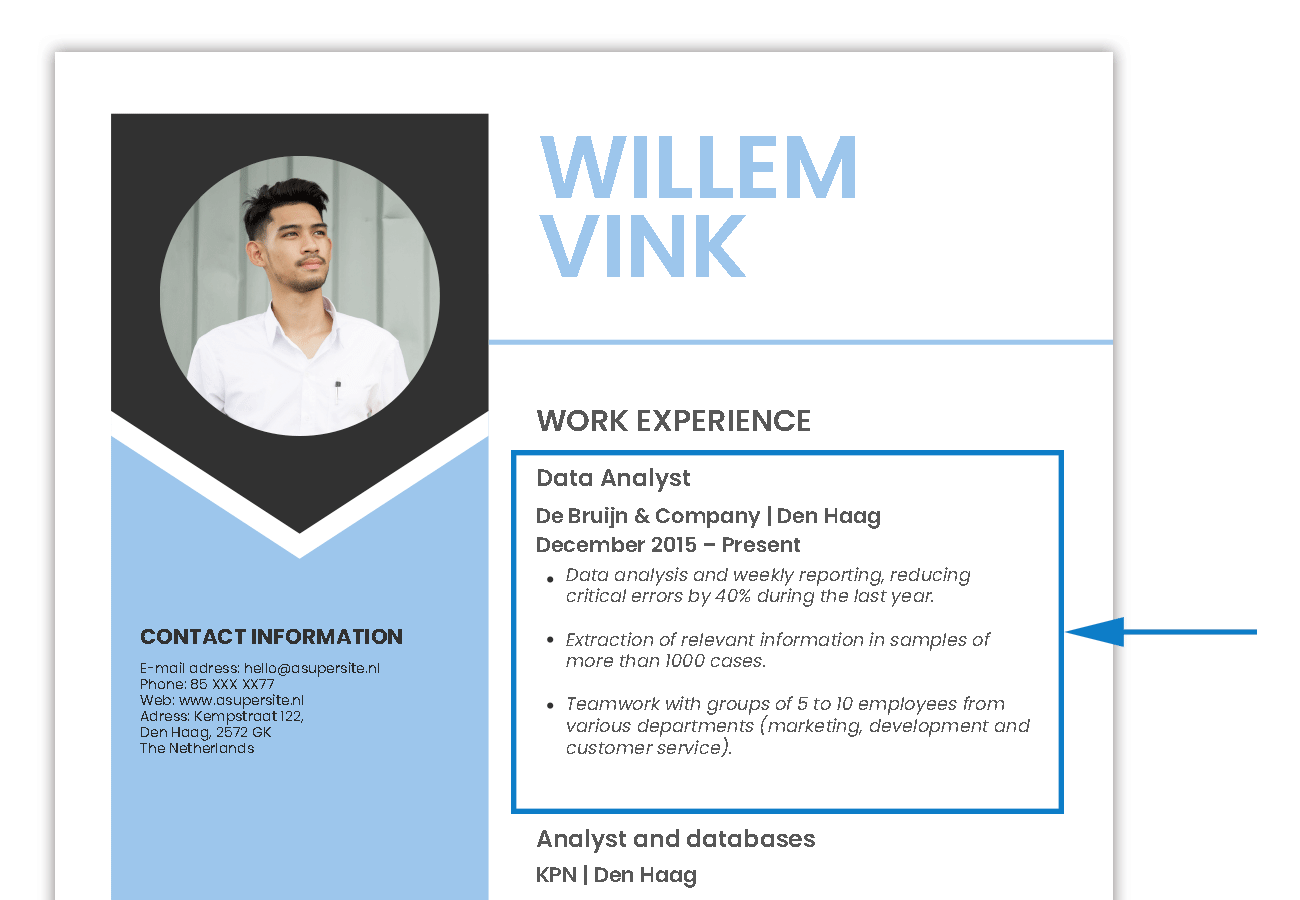
In addition to these options, it is also possible to use the Academic Education section to add personal skills that you have developed during your time as a student, although this section typically includes technical skills, i.e., hard skills.
How to choose the best soft skills for your resume? (soft skills)
The key to getting your resume noticed is personalization. It’s important that each resume is tailored to the job you’re applying for, so the skills you list should be relevant to the job. According to the LinkedIn Global Recruiting Trends report, 88% of hiring managers believe it is important for a resume to be relevant to the position.
We recommend that you carefully read the job description and identify all the skills the company is looking for. Then select those that match your profile and experience and add them to your resume.
Remember that the hiring manager wants the person applying for the job to have the skills expected in their industry, in addition to the skills listed in the job description. For example, empathy, emotional intelligence, and the ability to listen and communicate assertively are expected of someone who wants to work in healthcare.
Now you may be wondering what personal skills are most valued by hiring managers. Let’s have a look!
The 14 Personal Skills Recruiters Value Most
Although there are skills that are specific to each field and discipline, this does not mean that there are not some generic skills that can help you to re-launch your professional profile. What are they? According to recent reports from LinkedIn and the World Economic Forum, the skills most valued by hiring managers are generally:
- Active listening
- Adaptability
- Communication
- Emotional intelligence
- Innovation
- Teamwork
- Work ethics
- Collaboration
- Creativity and originality
- Persuasion
- Active learning
- Complex problem solving
- Flexibility
- Stress tolerance
Creativity, persuasion, collaboration, adaptability, and emotional intelligence were all in LinkedIn’s Top 5 skills last year.
In the case of junior profiles, the most sought-after soft skills vary somewhat. According to the National Association of Colleges and Employers, the most sought-after skills by hiring managers in junior resumes are: problem solving, teamwork, written communication, and leadership.

Other examples of personal skills
If you do not feel identified with the skills we have shown you so far, or if you think they are not entirely relevant to the job you are looking for, here are some more examples of soft skills you can include in your resume. Remember that the point is not to include all the skills that define you, but to choose the ones that best fit the job you are applying for.
- Communication
- Trust
- Conflict resolution
- Organization
- Oral and written communication
- Attention to detail
- Time management
- Empathy
- Critical thinking
- Ethics
- Responsibility
- Positive attitude
- Tolerance to pressure
- Assertiveness
- Open-mindedness
- Patience
- Initiative
- Interpersonal relations
- Assertive communication
- Stability
- Motivation
- Time management
Now that you know what personal skills are and where to add them, it’s time to start adding them to your resume and cover letter to get the job you want. Go for it!
Keep in mind that, if you are looking for a change in your future career, at ISPROX we can help you find the right opportunity.








